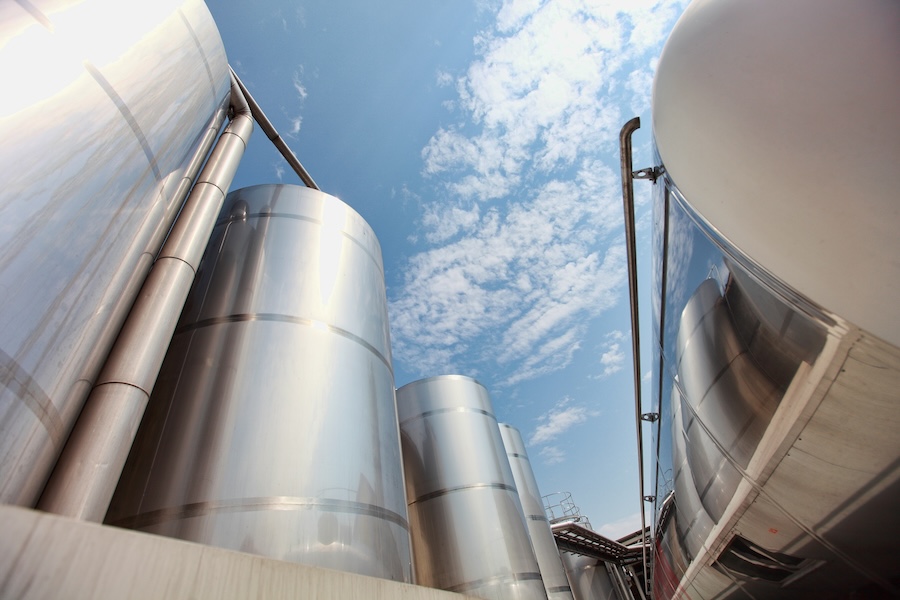The New Zealand Government has announced significant reforms aimed at making food exports more efficient and increasing their value, delivering on its promise to cut red tape for exporters.
The changes, which include a streamlined process for export exemptions, were unveiled by Food Safety Minister Andrew Hoggard earlier this month.
“Food exports are the bedrock of our economy, so when industry asked for a more efficient export exemptions system that facilitates trade and product innovation opportunities, we listened,” said Minister Hoggard.
The new measures will replace the current system, where food producers must meet domestic composition and labelling requirements or apply for individual exemptions through the Ministry for Primary Industries (MPI). According to Minister Hoggard, the existing system is “costly and inefficient – for both exporters and MPI – and can result in lost commercial opportunities, particularly for the dairy sector.”
The reforms, informed by public consultation mid-year, will be introduced in two stages. Initially, the new pathway will provide exemptions for:
- Labelling requirements across all food products, including dietary supplements, for export.
- Composition requirements for animal products produced under a Risk Management Programme.
“Ensuring swift action for New Zealand’s largest export earner, this stage includes the dairy sector, which is the biggest user of the current exemption process and has total dairy export revenue forecast at $25.8 billion for the year ending 30 June 2025,” said Minister Hoggard.
The second stage will extend composition exemptions to other foods, following changes to the export framework under the Food Act. Until these changes are implemented, exporters of non-animal products will need to continue using the existing case-by-case exemption process.
“This staged approach balances facilitating trade with managing food safety and suitability risks. Exporters will need to meet any conditions specified in regulations. This will be independently verified, and businesses will need to operate under a risk-based measure,” Minister Hoggard explained.
The changes align New Zealand’s approach with international trading partners and are expected to reduce costs and increase competitiveness for food exporters.
The new regulations are planned to come into effect in mid-2025.




